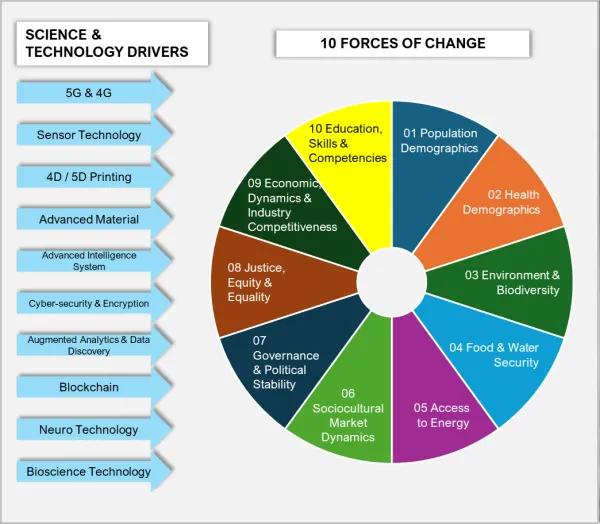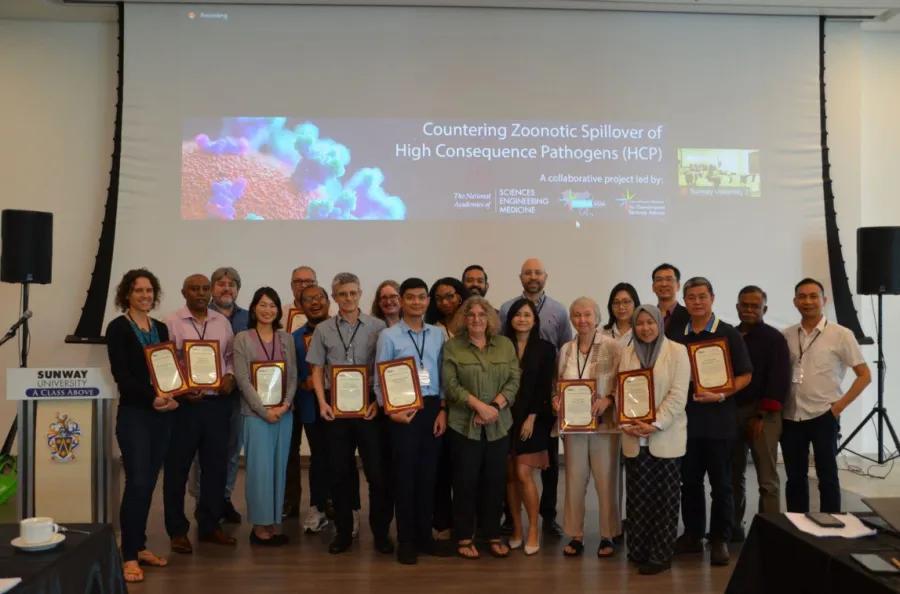Relationships with Regional NGOs and Government for SDG Policy
SDG 17.2.1
In alignment with SDG 17, Sunway University is committed to fostering sustainable, impactful partnerships across local, national, and international levels. Through collaborations with governments, NGOs, and industry leaders, we actively contribute to initiatives that promote sustainable development.








